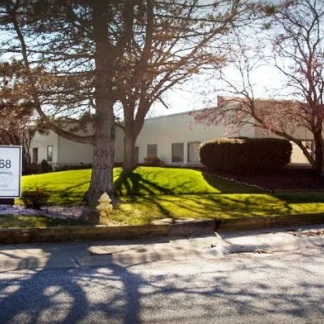Heartland Recovery Center
Lowell, Indiana, 2068 Lucas Parkway, 46356
Available Programs
- Adult program
- Postpartum program
- Program for men
- Program for women
- Total beds : 30
- Young adult program
Insurance and Financial
- Self-pay options
- Private insurance
- Medicaid
About this Facility
Located in Lowell, Indiana, Heartland Recovery Center Is an alcohol and drug rehab facility that offers services to men and women. They provide intensive outpatient treatment and outpatient treatment services.
Heartland Recovery Center provides individualized treatment plans to each person who seeks treatment at their facility. Services include:
Intensive Outpatient This program provides individual therapy, group therapy, and family therapy. Educational classes on various topics may also be offered to participants. The meeting frequency of this program is several days a week for several hours at a time. Upon completion of intensive outpatient treatment, individuals may move on to traditional outpatient treatment. This program can be participated in living at home or while at a sober living facility.
Outpatient This program is considered an aftercare program where individuals meet with their therapist or participate in group therapy at an average rate of one day per week. Other outpatient services include linkages to community resources to ensure unmet needs are supported. This program can be participated in living at home or a sober living facility.
Contact us for more information: (219) 321-8501

Contact Heartland Recovery Center
Connect with Heartland Recovery Center by calling their admissions team directly.
(219) 321-8501 Website Get Directions